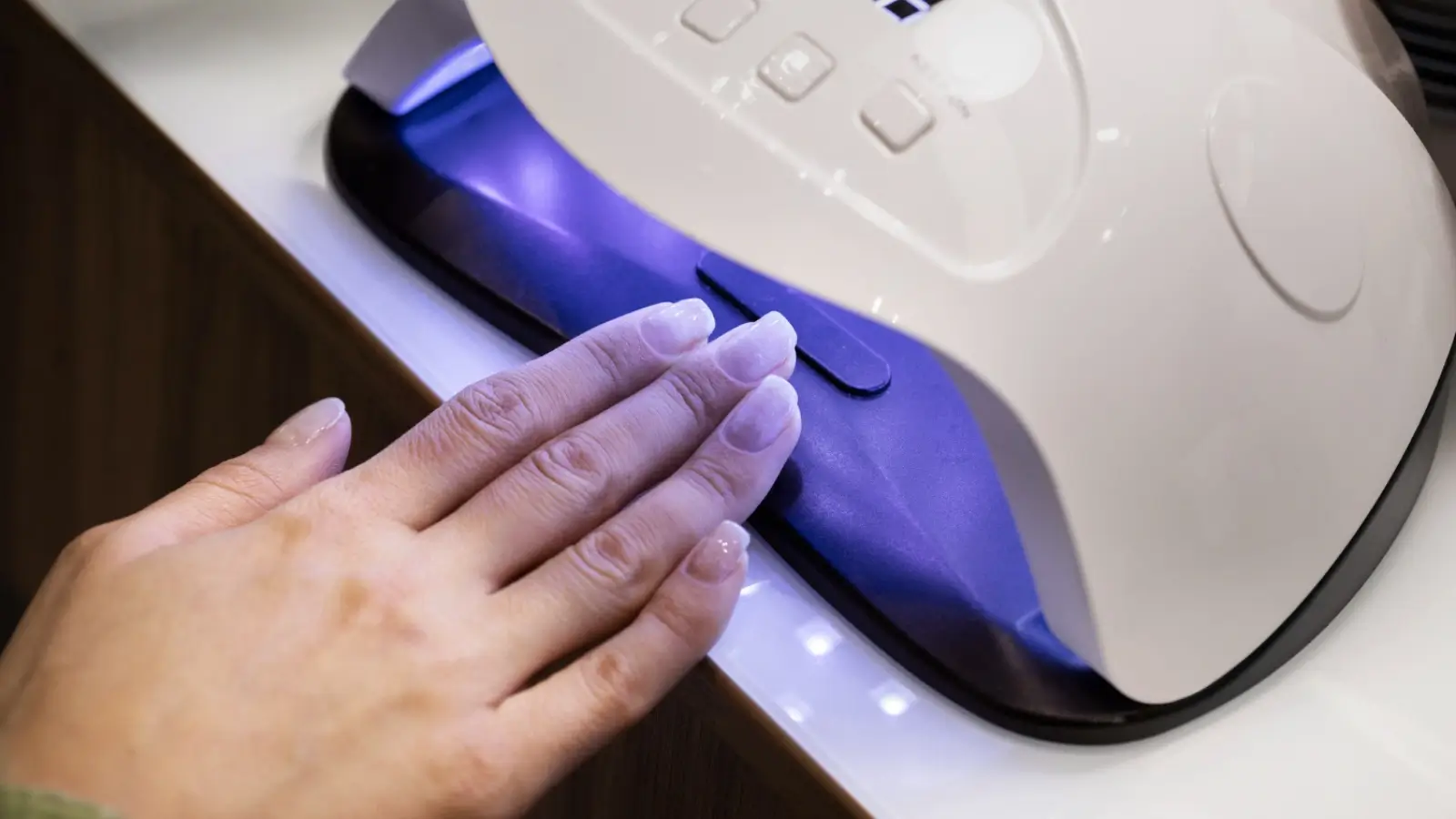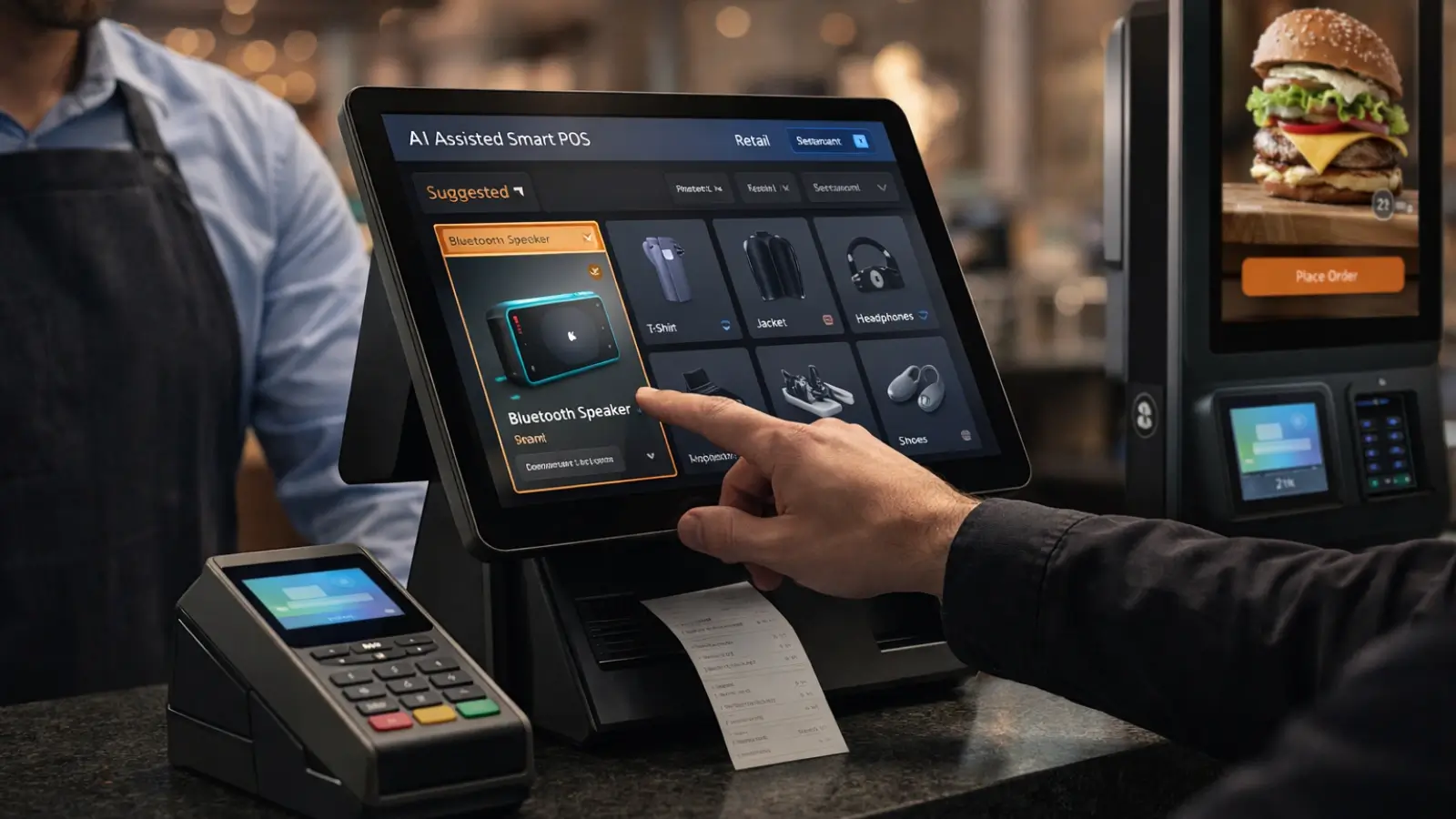Ever find yourself going out of your way to visit that one bakery, even when there's a dozen closer options? Maybe the coffee isn’t cheaper. Maybe the parking’s terrible. But something about it makes you keep coming back. In this blog, we will share what actually drives loyalty to local businesses and why some shops manage to stick in people’s routines—and their memory—long after the first sale.
People Come Back for People, Not Just Products
There’s no shortage of places to buy almost anything. In a world where you can get toothpaste, patio furniture, and three kinds of protein powder delivered to your door before dinner, it’s easy to forget that business used to be personal. Local businesses still operate that way. At their best, they build relationships before they build transactions. And customers feel it.
One of the clearest differences between a small local shop and a faceless big-box retailer is how visible the connection is between buyer and seller. It’s not uncommon to have a favorite barista, a go-to mechanic, or a familiar face behind the register at your neighborhood bookstore. These aren’t scripted interactions. They’re real. And they stack up over time into something stronger than convenience.
That personal connection is where client appreciation shows up most clearly. It’s not just a marketing effort or a holiday discount. It’s in the follow-up after a purchase. The handwritten thank-you note. The honest feedback about what you don’t need to buy. It’s how a business signals that it actually values the relationship—and isn’t just looking to upsell. People notice that. Especially now, when customer service often means waiting on hold, talking to a bot, or being redirected six times before anyone can pronounce your name correctly.
In a digital-first world, people crave signs that someone sees them. And when a local business delivers that consistently, customers remember. They tell friends. They don’t look for the cheaper option. They just go back.
Trust Is the Hardest Thing to Build and the Easiest to Lose
Most customers don’t expect perfection. What they want is honesty. They want to trust that if something breaks, it’ll be fixed. If something’s delayed, they’ll be told. They’re not just paying for a product or a service—they’re paying for certainty. And that certainty is rare.
Local businesses that last tend to build trust by being clear, consistent, and responsive. They don’t promise what they can’t deliver. They don’t vanish after a refund request. They show up, even when things go sideways. And in today’s economy, that kind of reliability sets you apart more than a clever logo or a viral Instagram reel ever will.
Especially during uncertain times—supply chain issues, price spikes, staffing gaps—people pay close attention to how businesses respond under pressure. Do they communicate? Do they show some accountability? Do they act like there’s a human on the other end, or do they go silent until it’s safe to start marketing again?
Trust is earned in the hard moments. And the local businesses that earn it don’t just keep customers—they build advocates.
Consistency Is Underrated, but Customers Rely on It
Routine is underrated. People return to the same businesses because they know what to expect. The sandwich tastes the same. The haircut is done right. The repairs hold up. That kind of predictability gives people one less thing to worry about in a world that’s often unpredictable.
A lot of loyalty isn’t built on grand gestures. It’s built on hundreds of small moments that all go as expected. Or, if they don’t, they’re fixed with care. That shows customers they’re not just getting luck—they’re getting process. They’re dealing with a team that takes its work seriously and respects their time.
Especially now, when turnover is high and many businesses are short-staffed, consistency is harder to maintain—and more valuable when it’s done right. When a customer doesn’t have to re-explain their preferences every time or double-check every order, they start to relax. And that relaxed feeling becomes part of the value they associate with the brand.
Loyalty Isn't About Traps—It's About Choice
Too many big brands rely on loyalty programs that are really just point systems with expiration dates. They’re designed to lock people in, not reward them meaningfully. Local businesses don’t have that luxury. They can’t bribe their way to retention. What they can do is build a customer experience that makes people want to return.
When loyalty isn’t forced, it becomes genuine. And that’s when it lasts.
People choose local again and again not just for the product, but for how it makes them feel. Seen. Heard. Respected. Remembered. That’s the part no algorithm can automate.
In the end, what keeps people loyal isn’t a punch card or a holiday sale. It’s trust, consistency, and real connection—something that still matters, maybe now more than ever.

















